

First things first: Winter Voices is not an RPG. Not really. It sits somewhere at the crossroads of Final Fantasy Tactics, The Longest Journey, and a demo tape from some high schoolers' emo band. You get a few RPG elements, like leveling your character and putting stat points into things, but these stats really only affect combat, and to a lesser extent some dialogue options, because that's really all you do in Winter Voices: talk to people and fight.
The story, characterization and general setup are all fairly difficult to piece together from the nebulous cutscenes and dialogue, but the game emphasizes two primary things: the main character is depressed, and the place where the game takes place is cold. Cold, cold, cold. Other than that, it's difficult to tell what's going on. Part of the reason for this, clearly, is that the game's writers want to hide th
e ball as much as possible to get you to purchase continuing episodic releases of the game, and another part is due to the script's often poor translation to English from French. But most of the opacity is due, simply, to the designers, writers, and programmers not knowing what they were doing. Winter Voices has, above everything else, a heavily amateurish feel – as if the design team simply bit off more than it could chew.
Combat, which makes up the majority of the gameplay, takes place in a grid-based system, in which the object isn't, usually, to actively defeat enemies, but to survive their psychological onslaught long enough to reach designated safe tiles. Rather than use abilities and damage enemies directly, you instead frequently use your abilities to absorb or reflect damage in order to increase your survivability. In theory, this is a really neat twist on the tactics-combat trope. In practice, it's terribly frustrating because you inevitably feel acted upon as opposed to active in the combat.
But beyond the design issues, the AI frequently breaks the game by stationing itself on one or more of the critical escape tiles – since it's very difficult to kill or permanently move enemies, you often end up in the impossible position of jockeying for a position with an invulnerable enemy who is at the same time rapidly killing you. Combat also suffers, as does much of the game in general, from a lugubrious sense of slowness – as if everything could've been made to move at a much crisper rate.
As for look and feel – Winter Voices is built on the Adobe AIR platform, and looks often as if it were coded in Flash. Graphics are flat and reminiscent of Ultima 7 with their semi-isometric view. Most of the tiles are used over and over, with little of interest to see – enemies are frequently no more than amorphous, black blobs, for example. Since the story and dialogue are so impenetrable, the visuals (and repetitious music tracks) fall especially flat.
In the end, despite the inkling that the designers had a couple of good ideas rattling around in there somewhere, Winter Voices simply fails to be much fun. Perhaps later iterations in the series will polish the AI, make combat more exciting, and fix the writing… but we doubt it.
Dec 2, 2010
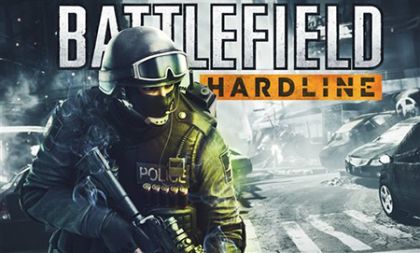
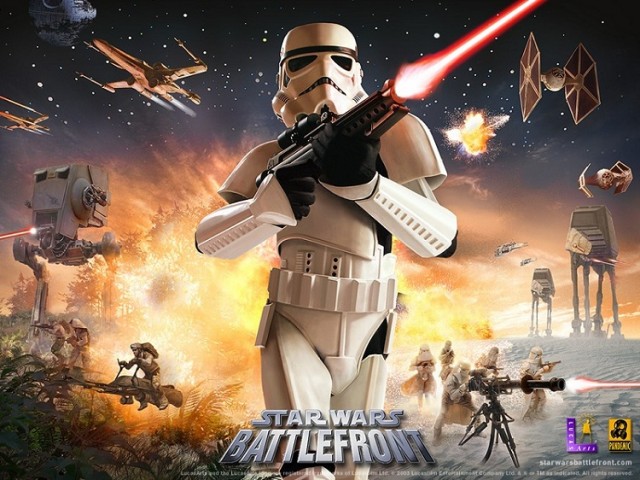
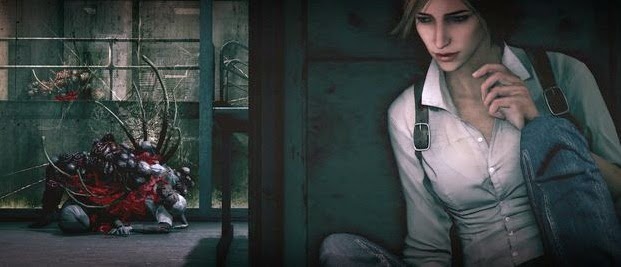

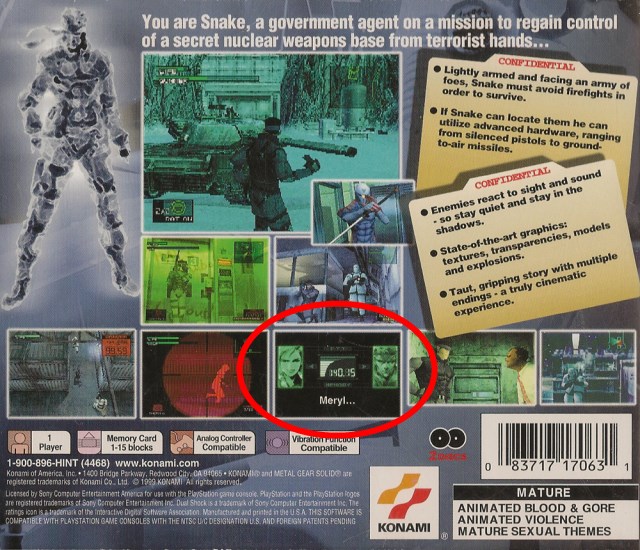 3 PlayStation Games That Made Us Look At Video Games Differently
3 PlayStation Games That Made Us Look At Video Games Differently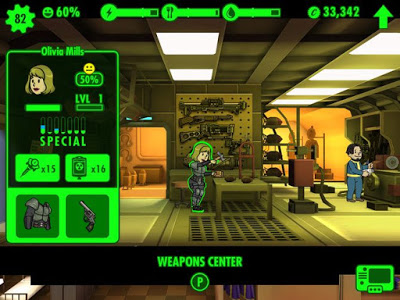 Fallout Shelter (iPhone) beginners guide
Fallout Shelter (iPhone) beginners guide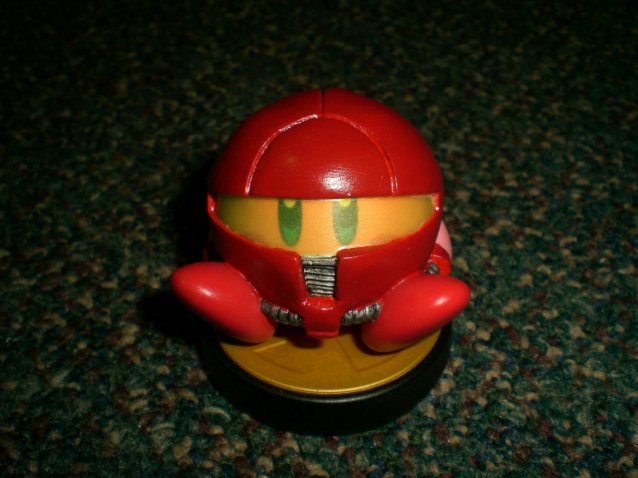 The 10 Most Creative Custom Amiibos On The Web
The 10 Most Creative Custom Amiibos On The Web One Piece: Unlimited World Red Complete Walkthrough for All Chapters
One Piece: Unlimited World Red Complete Walkthrough for All Chapters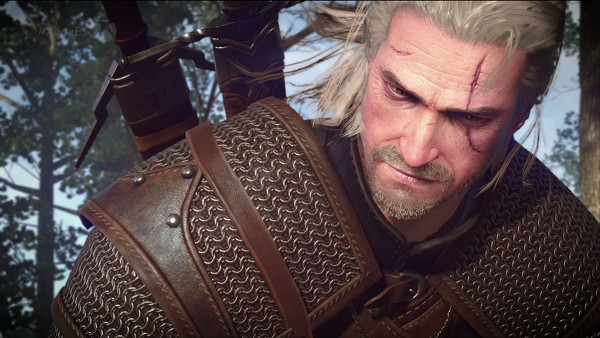 The Witcher 3: Wild Hunt Location Guide: Where To Find All The Keys
The Witcher 3: Wild Hunt Location Guide: Where To Find All The Keys